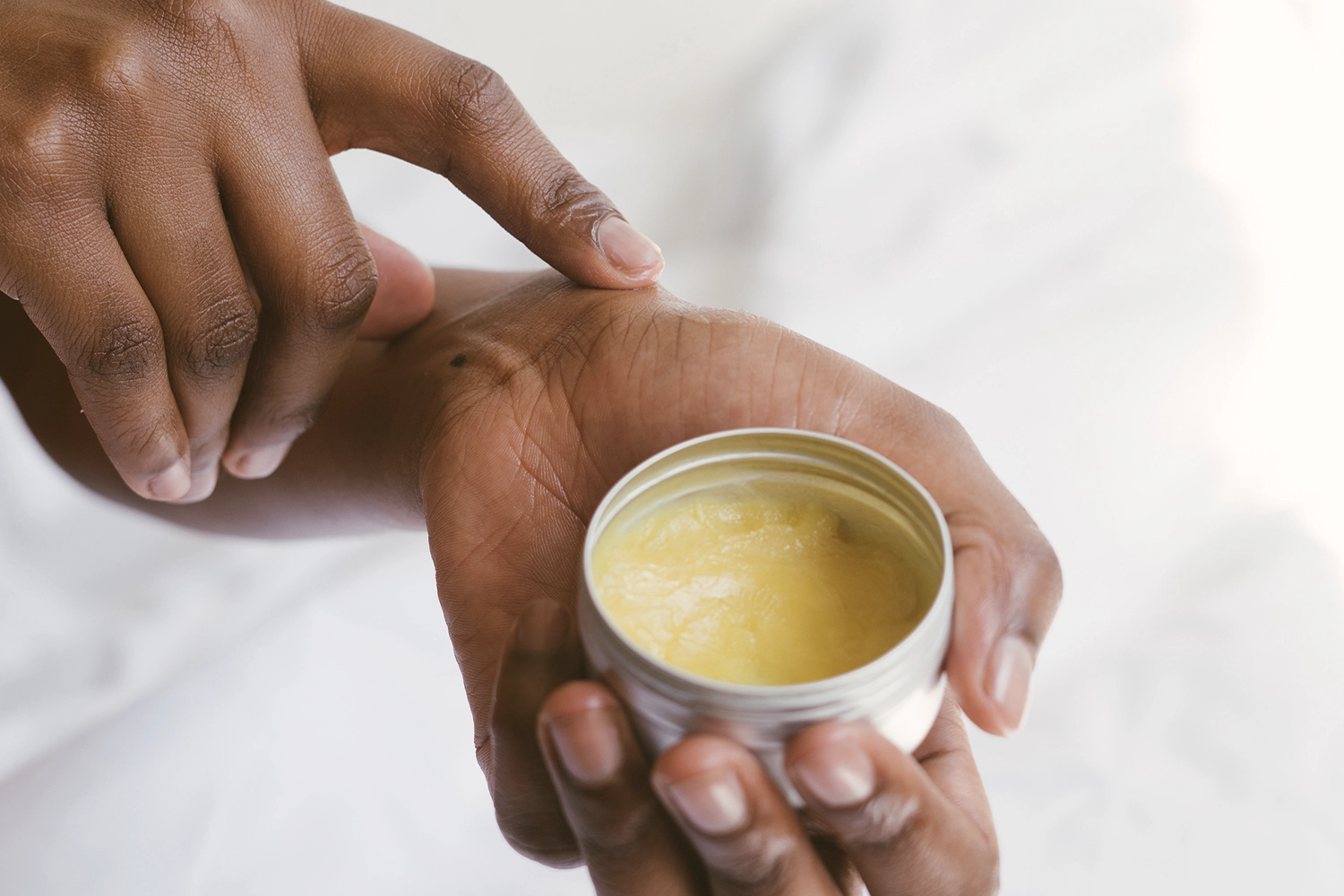Is that red, itchy spot on the back of your hand caused by a new soap? Was it something you ate? Are you allergic to a fabric in your clothes? Getting to the source of why you're breaking out could be simple — eliminate the food, or the cleanser, or the fabric that's causing the rash. In some cases, though, it's more complicated.
You might have heard of eczema, a condition that causes red, itchy skin that flares up periodically. An estimated 30 percent of Americans have eczema, mainly children and adolescents. While eczema is common, it's no ordinary rash, and its origins and treatments may be complicated. In fact, some forms of eczema are related to an overly robust immune response to common triggers, and at least one kind of eczema may be an autoimmune disease. (Source, Source)
In this article, we'll get to the bottom of what causes eczema, what we know about the role of genetics in its occurrence, and how eczema is diagnosed and treated.

What Is Eczema?
Eczema refers to a group of inflammatory conditions characterized by dry, itchy skin, as well as rashes, scaly patches, blisters, and skin infections. There are seven types of eczema:
- atopic dermatitis
- contact dermatitis
- neurodermatitis
- dyshidrotic eczema
- nummular eczema
- seborrheic dermatitis
- stasis dermatitis
Each type has its own specific triggers and necessitates its own course of treatment. It is possible to have more than one kind of eczema at a time. (Source)
We don’t really know what causes eczema, but scientists believe it's actually a mix of genetics and triggers. The most common form of eczema — atopic dermatitis, or atopic eczema — often occurs in people with autoimmune diseases and may itself be an autoimmune disorder. (Source, Source)
What Is Atopic Dermatitis?
Atopic dermatitis (AD), or atopic eczema, is the most common type of eczema in the United States. It's usually diagnosed in children, making its first appearance between the ages of 3 to 6 months. It’s less common for AD to appear for the first time in adulthood, but it does happen. When adults have AD (also known as adult-onset atopic dermatitis), it usually appears on the backs of the knees, crooks of the elbows, back of the neck, and face (often around the eyes). (Source, Source, Source)
Known Triggers of Atopic Dermatitis
- skin Irritants and contact allergens: soap, fabric, deodorants, perfumes, metals, latex
- food: dairy, eggs, peanuts, tree nuts, shellfish, wheat
- inhalant or aero-allergens: house dust mites, animal dander, cockroaches, tree and grass pollens, mold
- infections: herpes simplex (which causes cold sores and fever blisters), yeast infections, staph infections
- climate: humidity, temperature extremes, seasonal changes
- environmental factors: tobacco smoke, hard water
- hormones: especially changes related to the menstrual cycle
- stress: anxiety, lack of sleep
.webp)
Is Eczema an Autoimmune Disease?
The most common form of eczema, atopic dermatitis, is hard to classify as purely an autoimmune disorder. Rather, it's a condition influenced by various triggers and moving parts, each of which must be addressed.
We know that AD is the result of a cocktail of factors: the environment, genetics, and dysfunction in the immune system. However, this doesn't necessarily qualify it as an autoimmune condition. It may be considered an allergy, since for some the symptoms of AD are provoked by specific allergens. And many with AD also have other allergies, such as food sensitivities, asthma, and hay fever. (Source)
Symptoms of Atopic Dermatitis
Atopic dermatitis symptoms vary from person to person, and not everyone has all the symptoms all the time. They can sometimes disappear for years and then recur. Possible symptoms include:
- dry skin
- itching that may be intense and worsen at night
- red to brownish-gray patches
- small, raised bumps that may weep and crust over if scratched
- thickened and cracked skin
- pain and swelling from scratching
- deep lines in the palms

.svg)
.png)




.webp)






.webp)


%201 (1).webp)
.webp)


.png)

 (1).webp)









 (1).jpeg)

.webp)
.webp)

.webp)

 (2).webp)


 2 (1).webp)




.svg)
.svg)